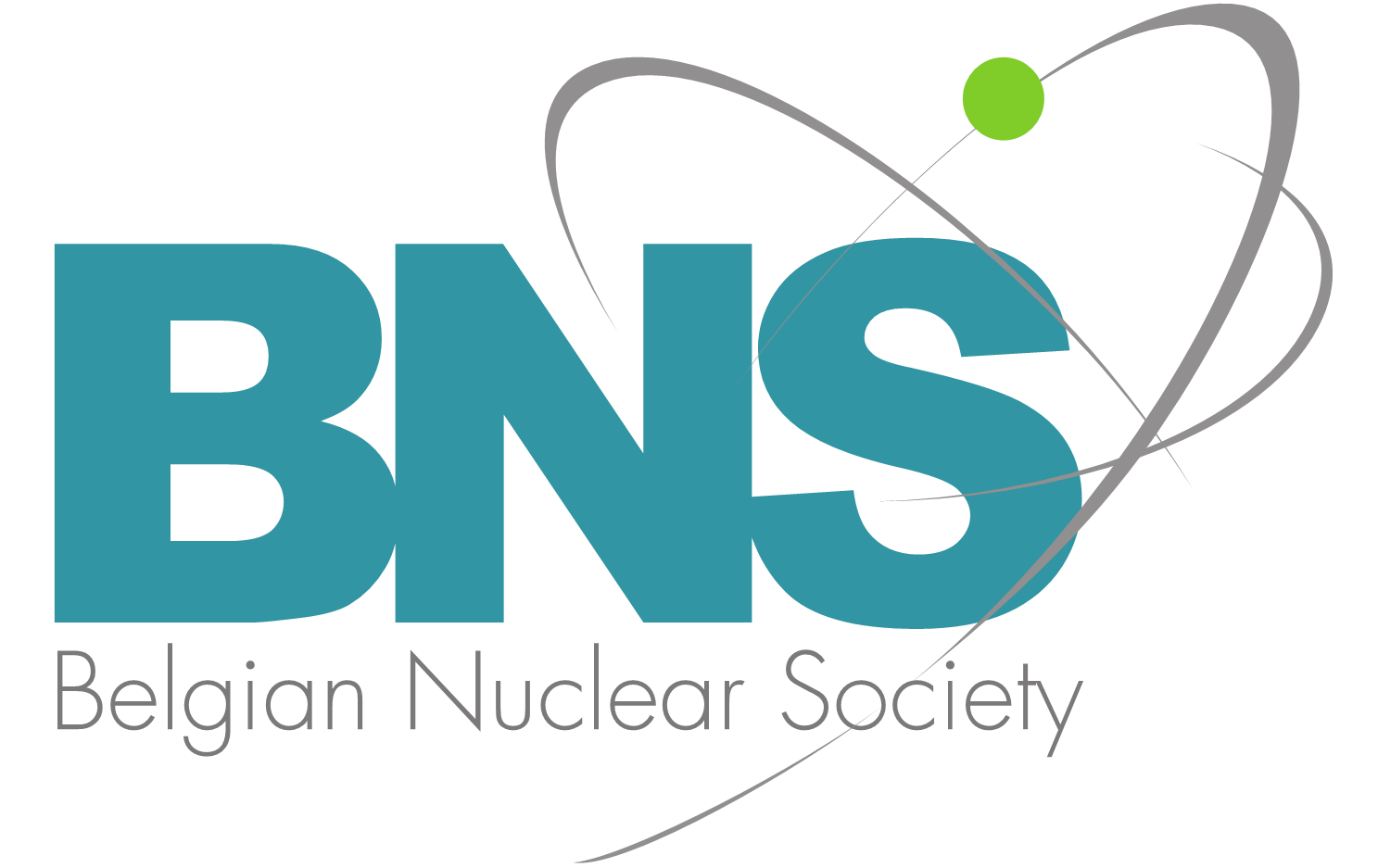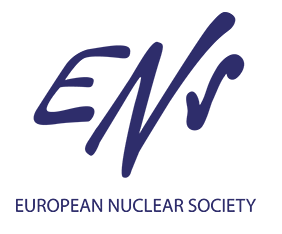
A pdf version is available here.
The Belgian Nuclear Society (BNS), as a “learned society” in nuclear science, technology and
applications, welcomes the political decision to keep two reactors, Doel 4 and Tihange 3 in operation
for 10 years beyond 2025. The justification is based on security of electricity supply considerations.
The BNS questions the reason why the political decision is limited to 10 years for such reactors. As it
can be seen in other countries (i.e. in the USA, Switzerland, The Netherlands, …), Long Term Operation
(LTO) programmes are usually defined and implemented for 20 years beyond the existing license, even
with license renewals provided by successive periods of 10 years. The cost of refurbishment and
alignment with the latest safety requirements of a plant for a LTO of 20 years is marginally higher than
for 10 years and it makes simply good economic sense to anticipate a 20 years LTO. In addition,
operating longer also further contributes to the decommissioning and waste provision funds, while
associated costs are not really increasing.
The BNS also questions why not all the other reactors have been politically considered for LTO. The
BNS is aware of the hydrogen flakes issue for Doel 3 & Tihange 2, an argument many times heard to
justify their permanent shutdown after 40 years of operation. This problem has been thoroughly
investigated by national and international experts and the Safety Authority (FANC-AFCN), and the
conclusion was that operation could continue pending regular checks, which are now performed
during each refuelling operation of the plants. BNS does not claim that Doel 3 and Tihange 2, and even
Doel 1-2 and Tihange 1 reactors are ready to go for a LTO programme. It is for the operator and the
Safety Authority to determine what should and could be done technically, and for the Owners then to
decide on the economics of the programme and discuss the conditions with the government.
At a time when Belgium and Europe are facing the tremendous challenge of climate change, as
illustrated by the newly published IPPC report [1], combined with a security of energy supply and energy
prices crisis, the door should be politically kept open for an extensive LTO programme of the Belgian
nuclear reactors. Relying more on gas, in these circumstances and for the next decades, does not seem compatible with societal sustainability, searching for the best balance between environment
protection, security, affordability and reliability of clean energy supply.


